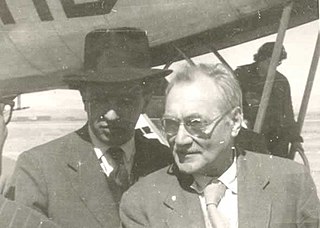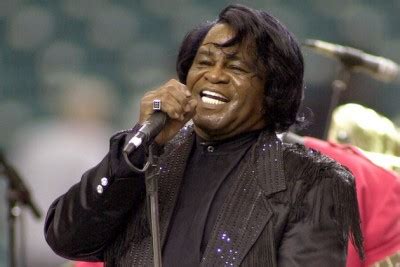A Quote by John Grierson
And, consequently, the art of propaganda or public information becomes one of the most powerful forms of directive statesmanship.
Quote Topics
Related Quotes
All art is propaganda, and ever must be, despite the wailing of the purists. I stand in utter shamelessness and say that whatever art I have for writing has been used always for propaganda for gaining the right of black folk to love and enjoy. I do not care a damn for any art that is not used for propaganda.
But the frightening aspect is that it's part of a larger effort from the Pentagon to tear down the wall between public affairs and propaganda, and essentially say there is no difference between information operations, public affairs and psychological operations. It's all one and the same. They have a new name for that too, it's called Information Engagement.
The frightening aspect is that it's part of a larger effort from the Pentagon to tear down the wall between public affairs and propaganda, and essentially say there is no difference between information operations, public affairs and psychological operations. They have a new name for that too, it's called Information Engagement. What I hope people take away from this is that it's a window into a larger phenomenon. After a decade of Iraq war you have this Pentagon-military apparatus run amok using resources that they shouldn't be to try to manipulate U.S. public opinion.
A war film can be propaganda and they're very valuable as propaganda, as we realized in Britain in the Second World War. Film as propaganda is a very valuable tool. It can also demonize, which is the dangerous side of a war film as propaganda. But there are war films that are not propaganda. It's just saying 'This is what it's like.' For 99 percent of us we don't know what it's like. We have no idea. So to reveal that to the audience is powerful.




































